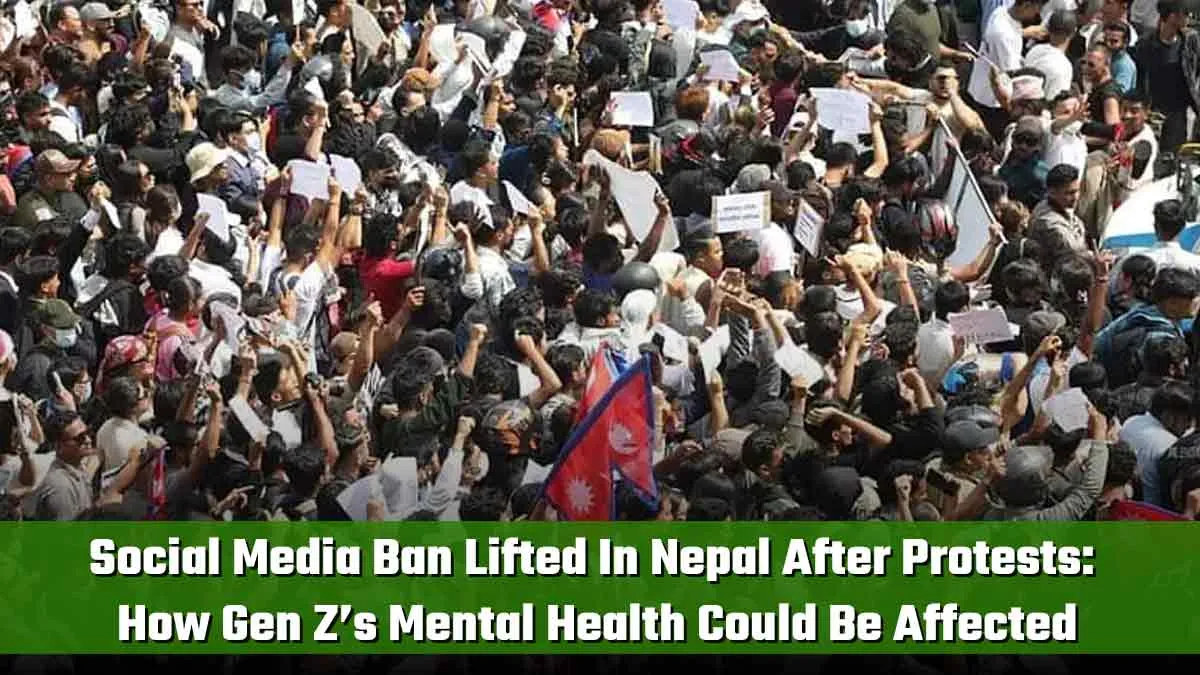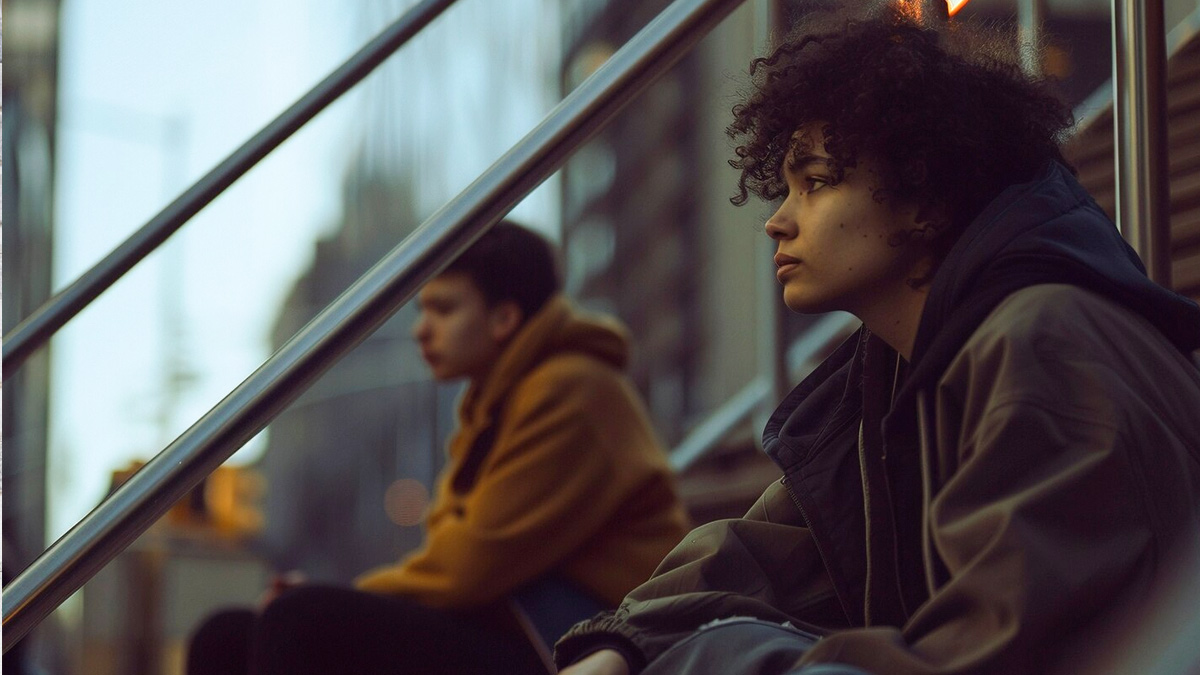
On the evening of September 8, 2025, Kathmandu was transformed by grief. What began as a bold protest, driven largely by Gen Z against the government’s sweeping ban on 26 social media platforms ended in tragedy: at least 19 people were killed and hundreds injured in clashes with security forces. The ban, targeting platforms such as Facebook, Instagram, WhatsApp, YouTube, X, Reddit, and more, was enforced because they hadn’t registered locally as required by a recent court-backed directive.
Table of Content:-
CHECK YOUR
MENTAL HEALTH

Within a day of the violence erupting, the government reversed course. Communications Minister Prithvi Subba Gurung announced that social media services had been lifted, even as a curfew remained in place and an investigation was ordered. This swift policy flip didn’t erase the trauma. For many young Nepalese, especially Gen Z, it abruptly thrust into a life without their primary means of connection could leave deep emotional scars.
Social Media: More Than Just Apps for Gen Z

For most Gen Zers in Nepal, social media is not a choice but a part of youth culture, identity, and community. It's the place where friendships are fostered, social movements mobilised, and creativity is nurtured. The abrupt shutdown took away these safety nets from young people, heightening an experience of loneliness.
When access vanished, so did digital support networks. Many youths may now grapple with anxiety or a wave of disconnection from peers, creative outlets, and even trusted sources of information.
Also Read: FOMO vs JOMO: Which Mindset Boosts Wellbeing in the Digital Age?
Expert View: Why a Ban Feels Like Trauma
"The ban on social media in Nepal came as a shock to Gen Z, which is why the government eventually had to reconsider and lift it. This generation communicates in a highly tech-savvy way, their world revolves around social media. Suddenly cutting them off is nothing short of traumatic. Where someone was connected so well globally, they are now isolated. Many Gen Z influencers might have been impacted too," explained Sheena, Consultant Psychologist and Counsellor at PD Hinduja Hospital And Medical Research Centre, Khar, Mumbai.
“When the brain and body are accustomed to certain platforms and all access is cut off, it comes as a huge shock to the nervous system. People often feel numb. Banning social media is never an ideal solution because it breaks vital connections. What can help instead is regulation, not elimination. Losing touch and connection is almost like losing self-worth, hence, a complete ban is never advisable,” she added.
The Mental Health Ripple Effect of a Ban
1. Anxiety and Uncertainty

Gen Z loves routine and connection. When apps disappear, so do group chats, study groups, plans, even mental health groups. That sudden lack can create stress, uncertainty, and digital withdrawal effects.
2. Emotional Disconnection and Loneliness
For most Nepalese young people, messaging platforms and apps are lifelines to expression and emotional release. Cutting them off isn't just inconvenient—it's a blow to emotional survival.
3. Exacerbation of Existing Pressures
Gen Z is already contending with global anxieties—job insecurity, climate fears, political disillusionment. The video clips, memes, and solidarity posted online ease the load. Without social media, these anxieties don’t vanish, they shift inward.
4. Disrupted Activism and Empowerment Space
This ban sparked those protests, that much was clear. When tools for advocacy and mobilisation vanish, it can feel like both a personal and collective silencing, a blow to agency that hurts mental wellness.
Also watch this video
Read Next
Mental Health Matters: Why Can’t Some People Sleep Without A Blanket – Is It Linked to Trauma?
How we keep this article up to date:
We work with experts and keep a close eye on the latest in health and wellness. Whenever there is a new research or helpful information, we update our articles with accurate and useful advice.
Current Version